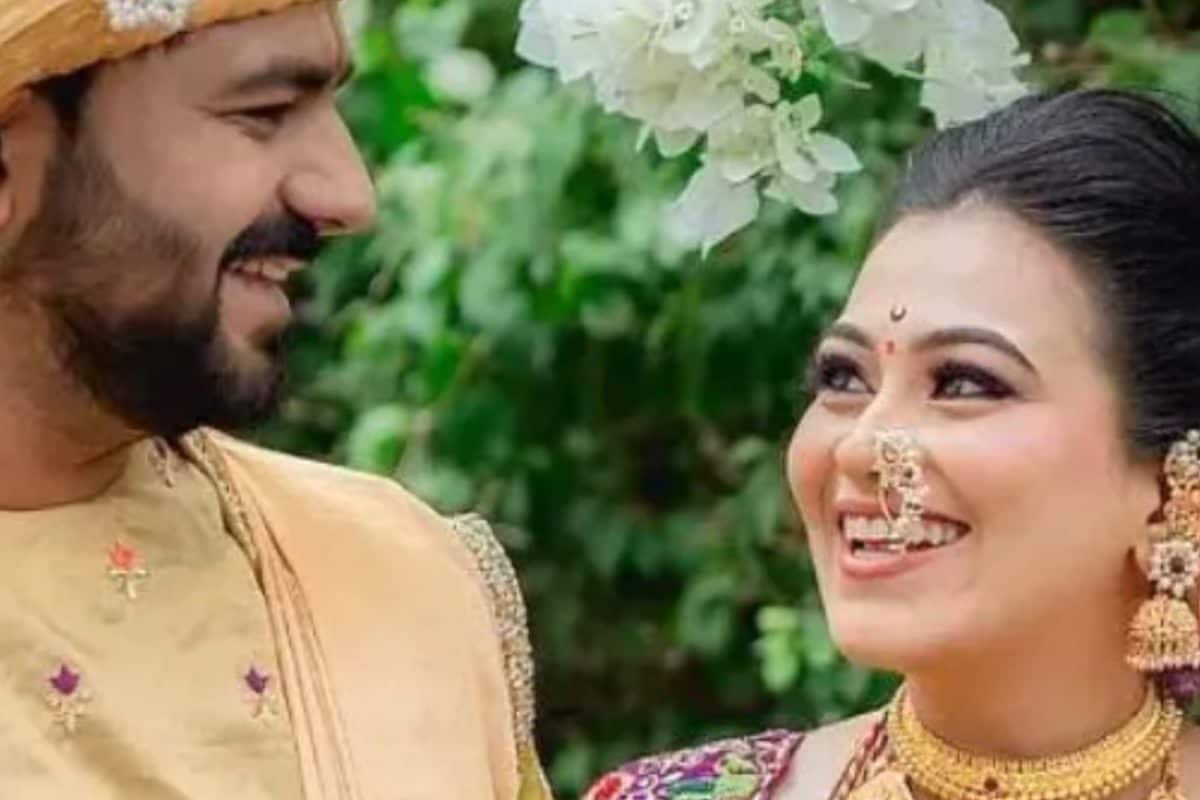

The death of 24-year-old Vaishnavi Hagawane in Pune has ignited a significant political row and sparked outrage, bringing the issue of dowry and domestic violence back into the spotlight. Vaishnavi, daughter-in-law of Rajendra Hagawane, an ex-NCP leader, was found dead on May 16th at her marital home in Bhukum. What initially appeared as a suicide has now led to a complex investigation involving allegations of dowry harassment, brutal torture, and suspected foul play.
Vaishnavi's family has accused her husband, Shashank Hagawane, and his relatives of subjecting her to persistent dowry demands amounting to ₹2 crore. According to the complaint filed by Vaishnavi's father, Anil Kaspate, the family had already provided 51 tolas (595 grams) of gold, silver, and a Fortuner SUV during the wedding. Despite this, the Hagawane family allegedly continued to harass Vaishnavi, demanding additional funds for land acquisition.
The post-mortem report revealed multiple injury marks on Vaishnavi's body, raising suspicions of physical assault prior to her death. Police investigation led to the recovery of a metal pipe, allegedly used to beat Vaishnavi. Further adding a shocking financial dimension to the case, it was revealed that Vaishnavi's wedding jewelry was mortgaged by the accused at a private bank. Police have intervened to freeze the locker and investigate the circumstances surrounding the mortgage.
Following the filing of the FIR, the police arrested Vaishnavi's husband Shashank, her mother-in-law Lata, and sister-in-law Karishma. Her father-in-law, Rajendra Hagawane, and brother-in-law, Sushil, initially evaded capture but were later apprehended from the Swargate area while attempting to flee the city. All the accused have been charged under sections of the Bharatiya Nyaya Sanhita (BNS) related to dowry death, abetment of suicide, domestic violence, and criminal intimidation.
The case has triggered a political storm, with the Nationalist Congress Party (NCP) taking swift action by expelling Rajendra Hagawane and his son Sushil from the party. Maharashtra Deputy Chief Minister Ajit Pawar has assured strict action against the accused. Chief Minister Devendra Fadnavis has also intervened, emphasizing that the investigation will determine whether Vaishnavi's death was a suicide or a murder. He ensured the safety of Vaishnavi’s nine-month-old son and handed over his custody to Vaishnavi's parents.
Adding another layer to the disturbing events, Nilesh Chavan, a relative of the Hagawane family with a criminal background, has been accused of threatening Vaishnavi's family at gunpoint when they sought custody of her infant son. This led to a separate FIR being filed under the Arms Act.
The Vaishnavi Hagawane case serves as a grim reminder of the persistent issue of dowry harassment and domestic violence in India. It highlights the need for stricter laws and more effective enforcement to protect women from such atrocities. The swift action taken by the police and the political parties involved demonstrates a commitment to ensuring justice for Vaishnavi and sending a strong message against dowry-related crimes. The investigation is ongoing, and authorities are exploring all possible angles to determine the exact circumstances surrounding Vaishnavi's death.